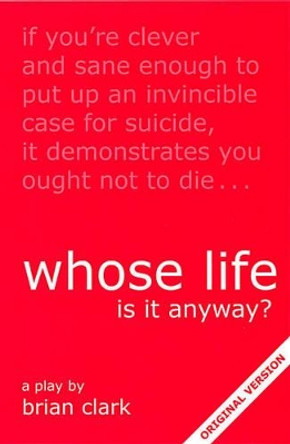In the prevailing liberal ethos, if there is one thing that is beyond the reach of others, it is our body in particular, and our person in general: our legal and political tradition is such that we have the right to deny others access to our person and body, even though doing so would harm those who need personal services from us, or body parts. However, we lack the right to use ourselves as we wish in order to raise income, even though we do not necessarily harm others by doing so---even though we might in fact benefit them by doing so. Cecile Fabre's aim in this book is to show that, according to the principles of distributive justice which inform most liberal democracies, both in practice and in theory, it should be exactly the other way around: that is, if it is true that we lack the right to withhold access to material resources from those who need them, we also lack the right to withhold access to our body from those who need it; but we do, under some circumstances, have the right to decide how to use it in order to raise income. More specifically, she argues in favour of the confiscation of body parts and personal services, as well as of the commercialization of organs, sex, and reproductive capacities.
ReviewsWhose Body Is It Anyway? is an interesting and provocative work that takes the issue of organ sale and donation out of the sphere of applied ethics and into distributive justice, in which Fabre challenges many prevalent assumptions about the inviolability of bodies. * Ben Saunders, The Journal of Value Inquiry *
Book InformationISBN 9780199289998
Author Cecile FabreFormat Hardback
Page Count 248
Imprint Oxford University PressPublisher Oxford University Press
Weight(grams) 558g
Dimensions(mm) 241mm * 163mm * 22mm









